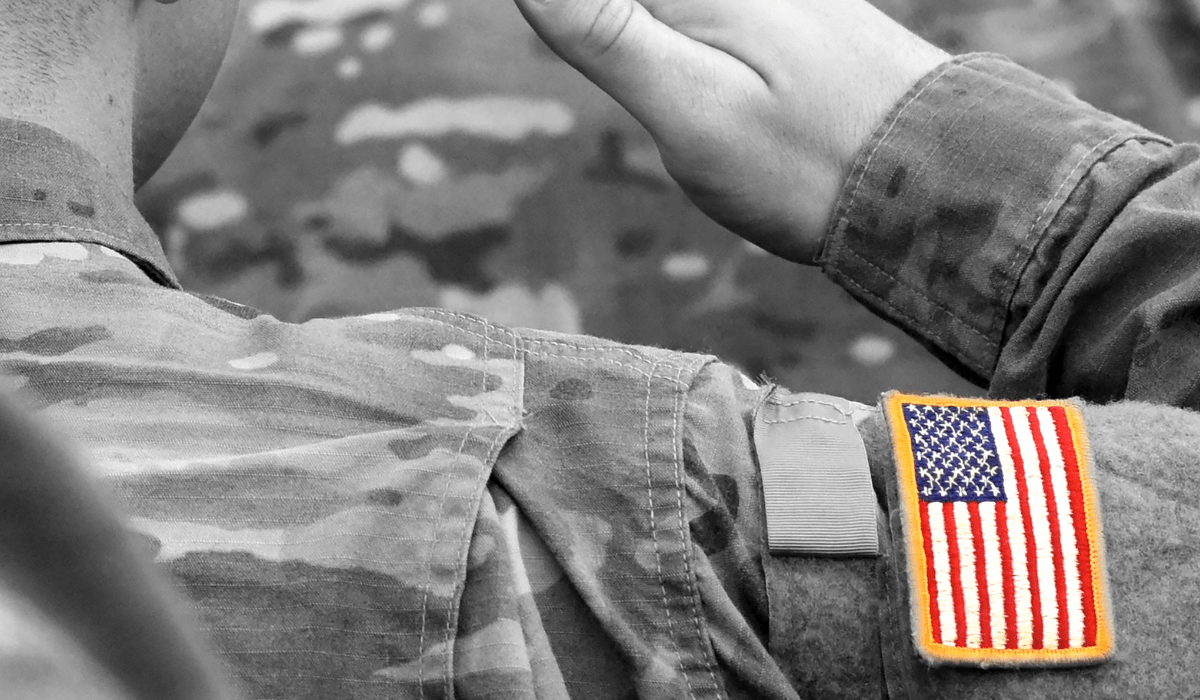
In United States v. Diaz, 69 M.J. 127 (C.A.A.F. 2010) the accused served as a judge advocate at Guantanamo Bay, Cuba. While serving at GITMO, he concluded the Government was improperly refusing to turn over names of unrepresented detainees, so he downloaded classified “identifying information” in his office. He printed a hardcopy of this information, cut it into smaller pieces and sent it to the Center for Constitutional Rights in an affirming United States v. Diaz, NMCCA 200700970, 2009 WL 690614 (N-M. Ct. Crim. App. Feb. 19, 2009) (unpublished). At trial, the accused attempted to plead guilty to a conduct unbecoming charge, under Article 133, UCMJ, by amending certain language in the specification. The military judge rejected the plea, concluding it was irregular under R.C.M. 910(b). The CAAF, in an unanimous opinion authored by Judge Baker, held the military judge did not abuse his discretion in rejecting the plea.
Under R.C.M. 910(b), a military judge may reject a plea if exceptions and substitutions render the plea “irregular.” The discussion section defines an irregular plea to include “pleas such as guilty without criminality.” A military judge’s decision to reject a proffered plea as “irregular” is reviewed for an abuse of discretion (citing United States v. Inabinette, 66 M.J. 320, 322 (C.A.A.F. 2008)). The CAAF also noted the military judge is required under R.C.M. 910(e) to make “such inquiry of the accused as shall satisfy the military judge that there is a factual basis for the plea.”
The specification originally read that the accused “did . . . wrongfully and dishonorably transmit classified documents to an unauthorized individual.” The accused attempted to plead guilty to the specification by excepting “classified documents” and substituting therefor “government information not for release.” The military judge ruled the plea was irregular and provided the following explanation: The tendered plea by exceptions and substitutions alters not just a factor in aggravation, but the very nature of the information at issue and the gravaman [sic] of the charge. Classified information is not a variety of fruit which can be alternately pled as a different apple or orange. . . . It cannot be re-described and maintain the same offense. (ellipsis added by the court). The CAAF agreed with the N-MCCA’s analysis that the accused’s proffered plea was “qualitatively distinct from the charged offense.” Put another way: “The military judge considered Appellant’s amended guilty plea, determined that the plea altered the gravamen of the charge, and rejected it, which on these facts was within his discretion to do.”
The CAAF did not rule the proffered plea did not admit criminality or create a specification that failed to state an offense, which would cause the plea to be irregular under R.C.M. 910(b). Rather, the CAAF broadly ruled, “An accused is free to proffer an alternative plea, but he is not entitled to design his own offense.” The N-MCCA decision noted that disseminating “government information not for release” could amount to an offense punishable under Article 133 under the right circumstances; however, per the defense written proffer and representations made by counsel, the accused only intended to admit to giving unclassified names of detainees (and no other identifying information). The CAAF did not adopt this part of the lower court’s opinion, though it favorably cited that opinion throughout its decision.
Defending Service Members Globally
Wherever Duty Calls, Our Defense Follows




